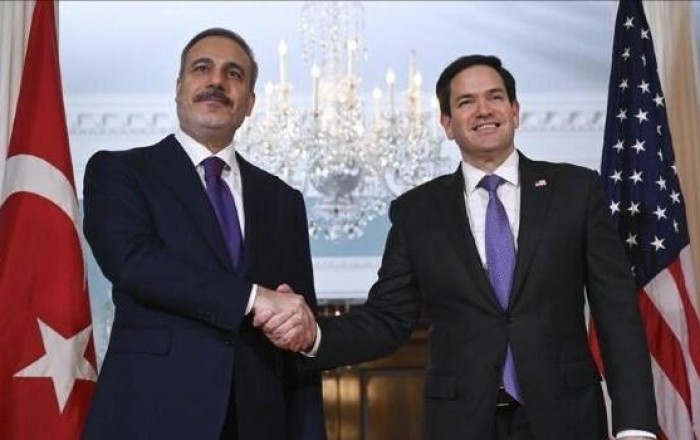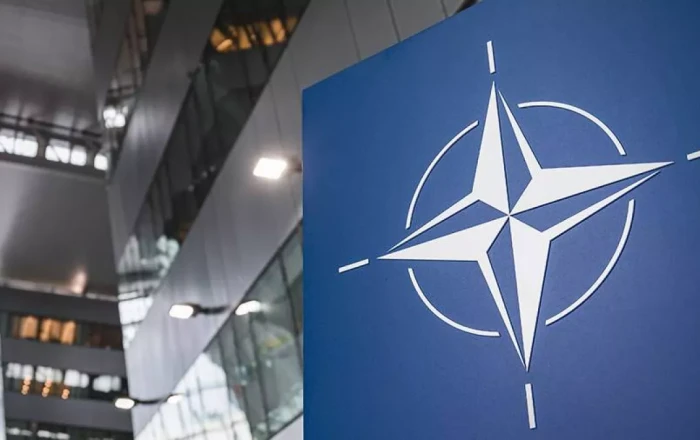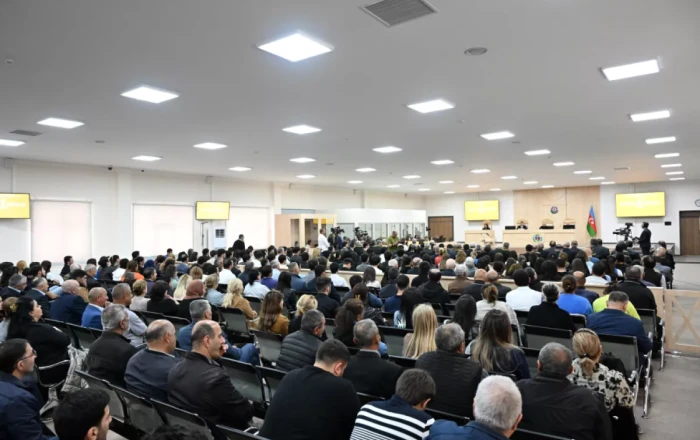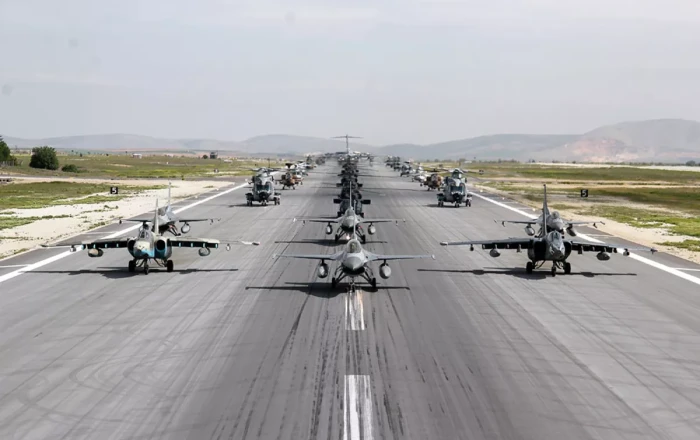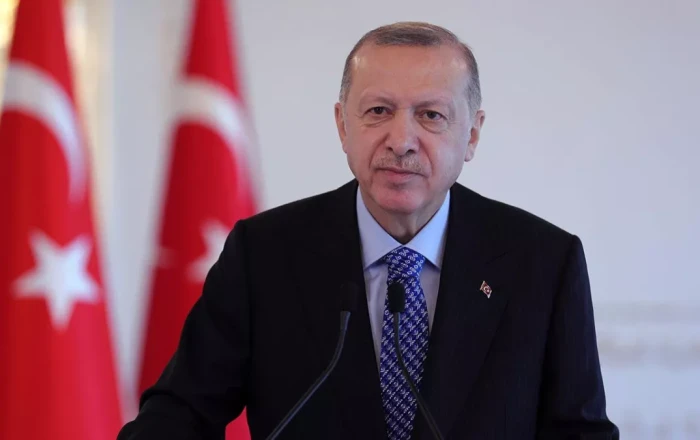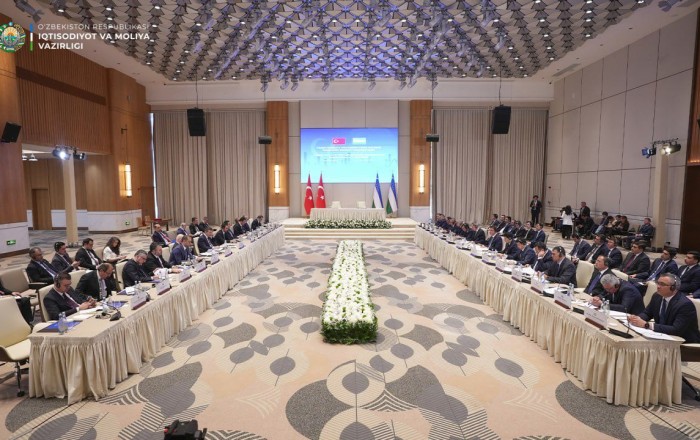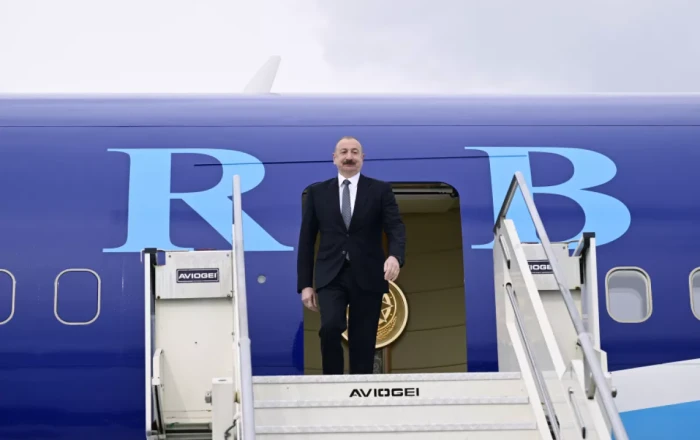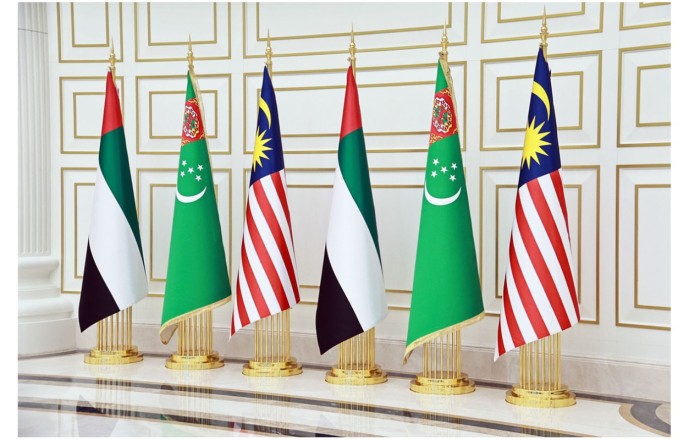The political struggle in Armenia has once again revealed the greatest sore of Armenian society. To be more specific, the events unfolded as follows. As the parliamentary elections in the country (scheduled for June 2026) approach, attacks against the current Prime Minister Nikol Pashinyan have intensified from the part of the opposition—which, it must be said, is the larger part—represented by the Karabakh clan. Particularly active in this regard is the “Armenia” bloc, which, as is known, is led by Robert Kocharyan. Deputies from this bloc have been besieging Pashinyan for several weeks now, levelling a variety of accusations against him—even corruption.
These attacks affect the prime minister extremely "painfully." From his speeches in parliament, it is noticeable how nervous he becomes, sometimes breaking into shouting and making convulsive gestures. However, some commentators claim that this is simply his natural state. The point, however, is not this, but that Pashinyan now feels far less comfortable than, say, in 2021, when he won the elections again. His approval ratings are steadily falling, which can be seen at least from the fact that opposition parties won municipal elections in two cities, including Gyumri, the second largest city in Armenia.
Pashinyan’s team has to operate on all fronts, including launching counterattacks against opponents. And what kind of insult is considered the heaviest in Armenia? Naturally, to call one’s opponent a "Turk." Thus, we come to the main topic of our article.

So, during another session of the National Assembly of Armenia, Vice-Speaker Hakob Arshakyan noted that there are many rumours and conversations among the people that the authorities do not respond to. In particular, there is much talk that the father of the second President of Armenia, Robert Kocharyan, was Turkish (Azerbaijani — editor’s note) by nationality. “But we don’t speak about this. People say that neither he nor his circle did anything for the Karabakh people or for Karabakh itself, that they left the territory at the time and moved to Armenia. People also say that they are traitors without a homeland, but we do not speak about such things,” Arshakyan emphasised.
As Armenian media later reported, “this provoked a sharply negative reaction from Levon Kocharyan, a member of the National Assembly from the opposition ‘Armenia’ faction, who was present in the session hall and stood up to defend his father.” In response, Arshakyan promised to throw Levon out of the session hall, after which the ‘Armenia’ faction left the parliament in full.

However, the story did not end there. “Anyone who calls the second president of the Republic of Armenia and the first president of ‘Artsakh’ — a person honored with the highest title of ‘Hero of Artsakh,’ who participated in the liberation of Artsakh and fought for Artsakh, as well as any member of his family — a Turk, and who was simply born as a result of saving money on a condom, deserves serious and severe public condemnation… Because of people like you, we lost our homeland. You close the chapter on ‘Artsakh’ with a smile on your face, while considering those who liberated it, Turks or unworthy,” — such a fiery retort was given to the ruling elites by Roman Yeritsyan, a lawyer close to the Karabakh clan.
The next to speak on the subject was the former Armenian Minister of Health, now a deputy of the ruling party “Civil Contract,” Arsen Torosyan, who resorted to strong language: “I officially declare, and this applies to all ‘former ones,’ as well as to anyone who tomorrow calls me, my teammates, or anyone in general ‘Turk’ as an insult... I... his mother, father, everything sacred that he has, and his family.”

It is worth reminding that Pashinyan himself is also often called a Turk. However, there is one nuance here. While this epithet directed at him is more hypothetical—used purely as an insult for his, albeit weak, attempts to negotiate with Baku and Ankara—when it comes to Robert Kocharyan, it takes on more tangible characteristics. We won’t delve into the family secrets of Armenia’s second president now, but it should be noted that there are certain grounds to consider him genetically Azerbaijani on his father’s side. There are materials on this topic available online for anyone interested.
Our goal is not to dwell on the spicy details of the origins of Armenian politicians, but to highlight a much more serious problem: namely, yet another surge of persistent Turkophobia in Armenia, which reflects the cave-level mentality of the Armenian political elites.
The word “Turk” in modern Armenian is an insult. What is most regrettable is that this “instrument” is used not only by hardcore nationalists, Dashnaks, and war criminals (with them it’s clear—their hatred of Turks is overt, and their entire political activity is built on this), but also by representatives of the ruling party who present themselves as liberals, supporters of peace with neighbors, reformers of public discourse, and champions of the idea of a “real Armenia.”
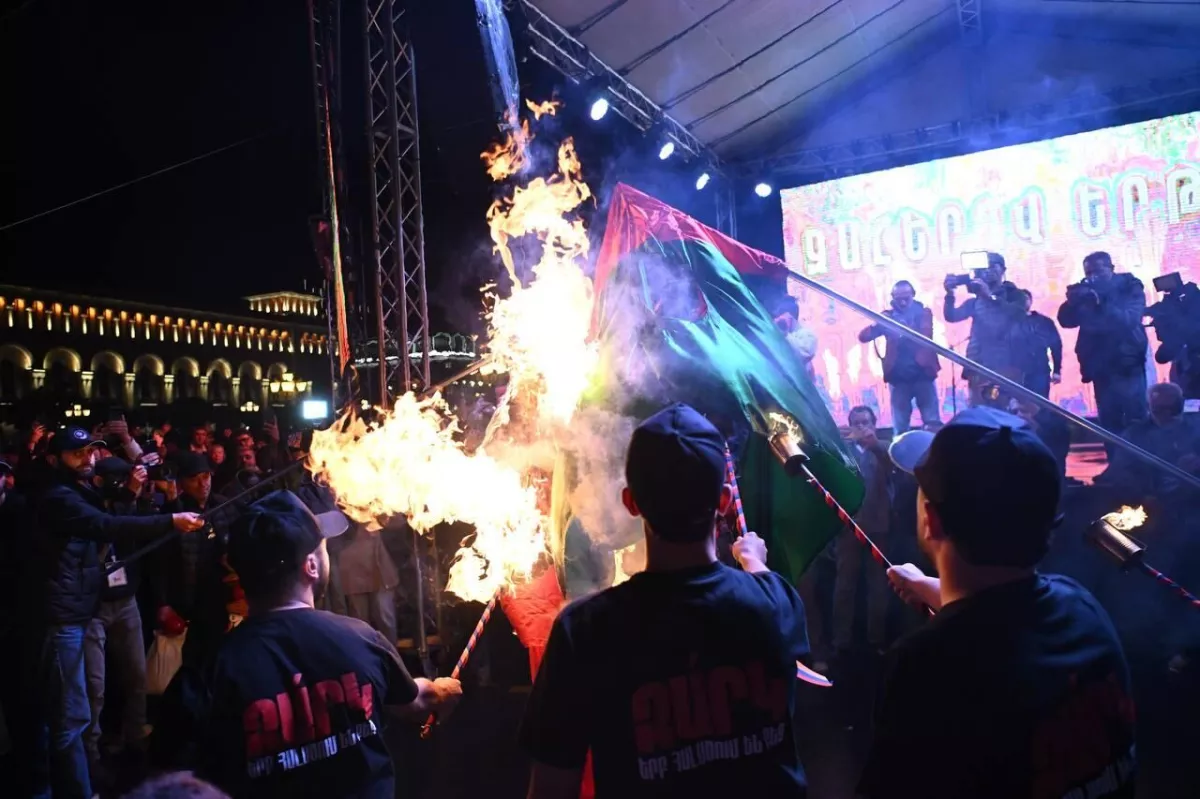
Given the long history of the conflict, it is somewhat understandable when ordinary people use such ethnic “insults,” but it looks completely wild coming from the mouths of Armenian officials who are conducting peace negotiations with Azerbaijan. This hypocritical behaviour from members of Pashinyan’s party is simply disgusting. True supporters of peace, on the contrary, would try to eradicate this tendency from society by setting a personal example.
Perhaps for some of them it is merely a tool to strike at their opponents rather than a deep-rooted behavioural code, but the very fact that they feel compelled to exploit the image of the Turk as an enemy shows that they are not ready to break the vicious paradigm of Turkophobia. They play into it and fuel it, keeping Armenian society captive to misanthropic ideas and perceptions.
And yet, this society will soon have to express its position regarding the removal from the constitution of claims on Azerbaijani territories. Is Armenian society, in its current state, ready to say a firm “no” to the illusions of the past? One would like to hope the answer is yes, but something tells me these hopes may be in vain.
Source: caliber.az



